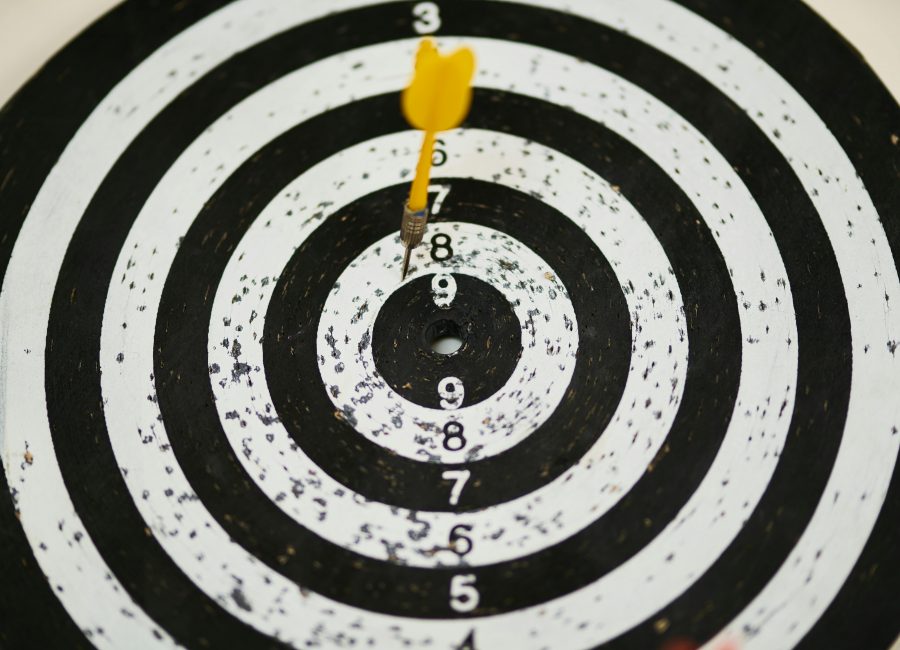Are you wondering how long you should hold property for to get the best capital growth?
Determining how long you should hold onto a property is dependent on a few things, including your age, tax situation and your ultimate goal in investing and life.
Owning an investment property should be about more than hoping to gain enough in rent to offset the mortgage. An investment property can give you substantial tax breaks and positive cash flow if done right.
Speak with your accountant to ensure you gain all of the tax benefits to help you build your personal wealth. And the long-term wealth a property can provide is how a property should be viewed. There are no ‘get rich quick’ schemes when it comes to buying and selling property.
A factor that you need to take into consideration when looking at capital growth are the high entry and exit costs when it comes to buying and selling property, such as stamp duty, legal fees and real estate agent fees.
Each time you buy/sell incurs costs and can reduce any capital gain made on a property.
When considering how long to hold a property for to maximise capital growth, do the math!
- Expected sell price
- minus the purchase price
- minus upfront purchasing costs
- minus monthly and yearly expenses
- minus maintenance expenses
- minus exit costs
- minus capital gains tax.
- Total – your capital gain (or loss).
If you sell a capital asset, such as real estate, you usually make a capital gain (or a capital loss). This is the difference between what it costs you to acquire the asset and what you receive when you sell it.
You need to report capital gains and losses in your income tax return and pay tax on your capital gains.
Although it’s referred to as capital gains tax (CGT), this is actually part of your income tax, not a separate tax. When you make a capital gain, it is added to your assessable income and may significantly increase the tax you need to pay in that moment.
One thing to consider when it comes to property is whether to hold it or sell it. Meaning, do you sell the property or do you hold onto it and leverage the growth in that property to purchase another.
This of course will depend on your cash flow circumstances as you will require good income or positive cash flow to manage multiple ongoing property expenses. You will also need equity or cash reserves to pay for the entry costs.
If you are buying and selling, timing will be key for you as if not done right, you can lose any capital growth made.
Meaning if you sell when the market cycle is at its lowest, but then wait a while to purchase and the market shifts to the high point in the cycle, the value for money on your dollar will not be the same as when you sold and your capital growth will be lost.
The most important thing to do when it comes to real estate, is you need to have a good understanding of the real estate market in the area/s in which you are buying and/or selling.
An overall national or state understanding won’t suffice, you will also need to understand the local market as well. This includes understanding what stage of the property market cycle you are in.
For example, you don’t want to buy an investment property when the cycle is at its peak. It also involves understanding the underlying factors which will impact the property now and into the future – such as population and industry in the area to sustain long term rentals or as much as you can know future impacts like changes to local infrastructure and roads. Demographics also drive your choices – no point in building a unit in a rural area where everyone wants land, as an example.
Also remember not to over capitalise on the property, because in the end it won’t matter how long you hold onto the property for, if you over capitalise for the area you won’t see the return you’re after. This comes back to having a good knowledge and understanding of the property market in your area.
On average, to gain adequate capital growth on a property you will generally need to hold onto it for 5 – 10 years.
The variances will be the market cycle and the point of the cycle in which you buy/sell, how much capital you have put into the property, whether you are an owner occupier or its an investment property and also the lifestyle stage you are in.
Join the Financy social communities that support achieving fearless economic equality on LinkedIn and Facebook or follow our official pages on LinkedIn, Facebook, Instagram and Twitter.
















